The Best Time of Day to Run a Pool Pump
When it comes to running your pool pump, the best time of day is in the early morning. This helps keep your pool clean and healthy during the day by circulating the water more efficiently. The midday and afternoon hours can be used to reduce the amount of energy needed to keep the water circulating. Additionally, running the pool pump earlier in the day can help maintain a consistent temperature throughout the day.
For optimal results, it’s best to run your pool pump for several hours each day. This helps circulate fresh, clean water throughout the pool, keeping it free of debris and helping to maintain proper chemical balance. Running your pool pump at least 8 hours per day is recommended.
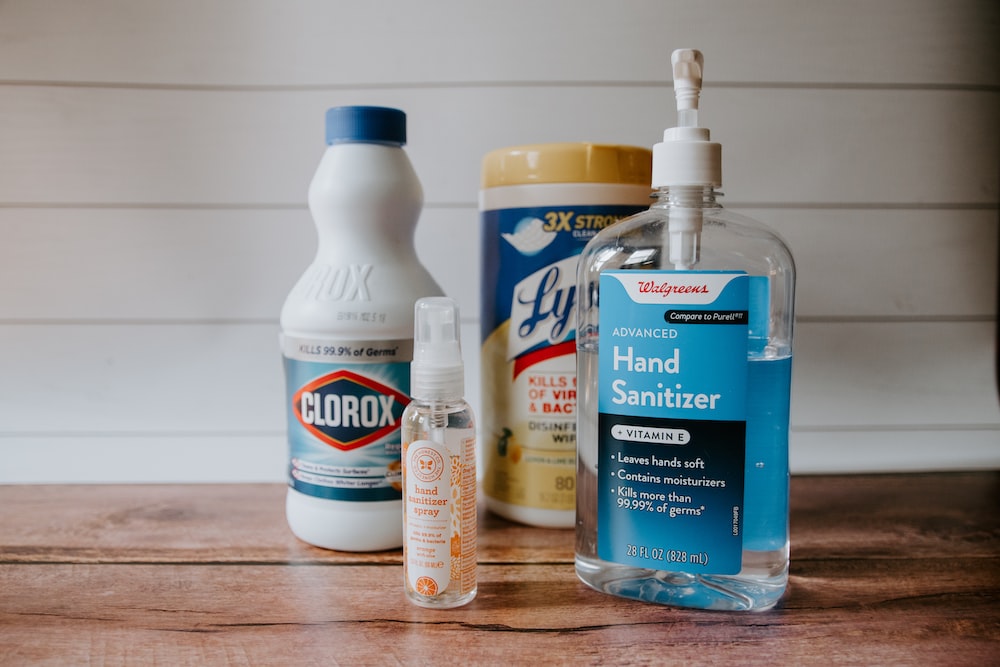
Maximize Pool Efficiency: Run Your Pump During the Best Time of Day
Running your pool pump during the best time of day can help maximize its efficiency. During the day, the sun heats up the water in the pool, making it easier for the pump to circulate the water and keep the pool clean. The ideal time for running your pump is early morning or late evening when the pool water is cooler and the pump doesn’t have to work as hard.
Running your pump at these times will also reduce electricity bills, as the motor will not have to work as hard to keep the pool clean. Additionally, running your pump for a few hours each day will ensure that your pool remains free of debris and any build-up of algae or other contaminants.
By following these tips, you can maximize the efficiency of your pool pump and save money on electricity bills.
Introduction
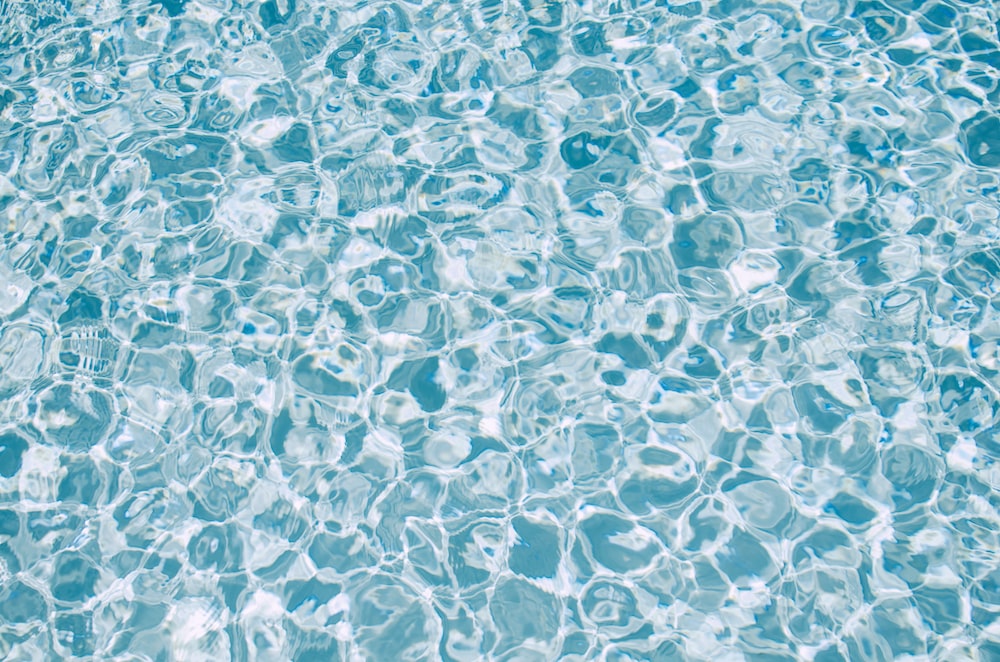
The Best Time of Day to Run a Pool Pump
When it comes to running your pool pump, the best time of day is in the early morning. This helps keep your pool clean and healthy during the day by circulating the water more efficiently. The midday and afternoon hours can be used to reduce the amount of energy needed to keep the water circulating. Additionally, running the pool pump earlier in the day can help maintain a consistent temperature throughout the day.
For optimal results, it’s best to run your pool pump for several hours each day. This helps circulate fresh, clean water throughout the pool, keeping it free of debris and helping to maintain proper chemical balance. Running your pool pump at least 8 hours per day is recommended.
Best Time of Day to Run a Pool Pump During Summer Months
Summer months can be the best time of day to run your pool pump. With temperatures soaring, running your pump during the hottest part of the day can be beneficial for both your pool and your wallet. The cooler morning and evening hours are the ideal times to run your pump, as they provide the most efficient use of energy while still ensuring your pool is well-maintained. Additionally, running your pump in the early morning or late evening can help reduce noise pollution, as the sound of your pump will be less noticeable. Make sure to take advantage of the cooler hours during summer months to ensure your pool pump is running efficiently.
Pool Pump Running Times for Different Seasons
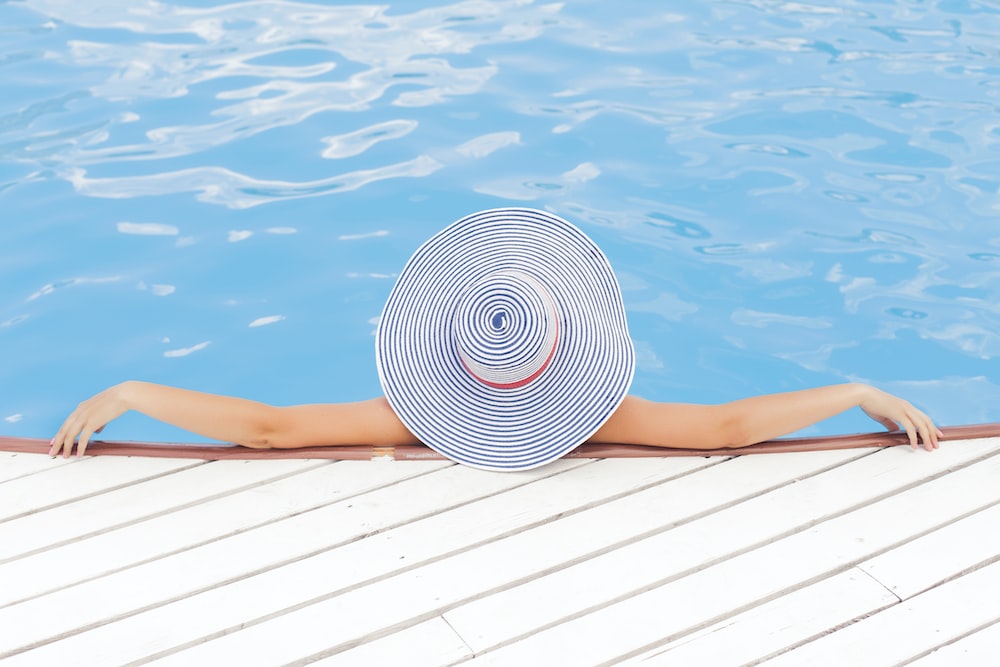
A pool pump should run for different amounts of time throughout the year. During the summer months, the pump should run for 8 hours a day to ensure the water is properly filtered and circulated. In the spring and fall, the pump should run for 6 hours a day. In the winter months, the pump should be run for only 4 hours a day, as circulation is not needed as often during the colder times.
This is important to remember in order to keep your pool clean and running efficiently year-round.
Daytime vs Nighttime Pool Pump Use
Daytime pool pump use can have some advantages over nighttime use, such as taking advantage of sunlight and allowing pool owners to better monitor their pool operations. During the day, the pool’s temperature can be monitored more closely and the circulation system can be optimized for best efficiency. Daytime pool pump use also allows for improved filtration and chemical treatments, making sure that your pool is clean and safe. On the other hand, nighttime pool pump use can help conserve energy and reduce noise levels. It can also help reduce the heat loss from your pool, saving you money on energy bills.
Overall, daytime and nighttime pool pump use both have their benefits. Consider your needs and make the best decision for your pool.
Factors That Affect Pool Pump Running Times
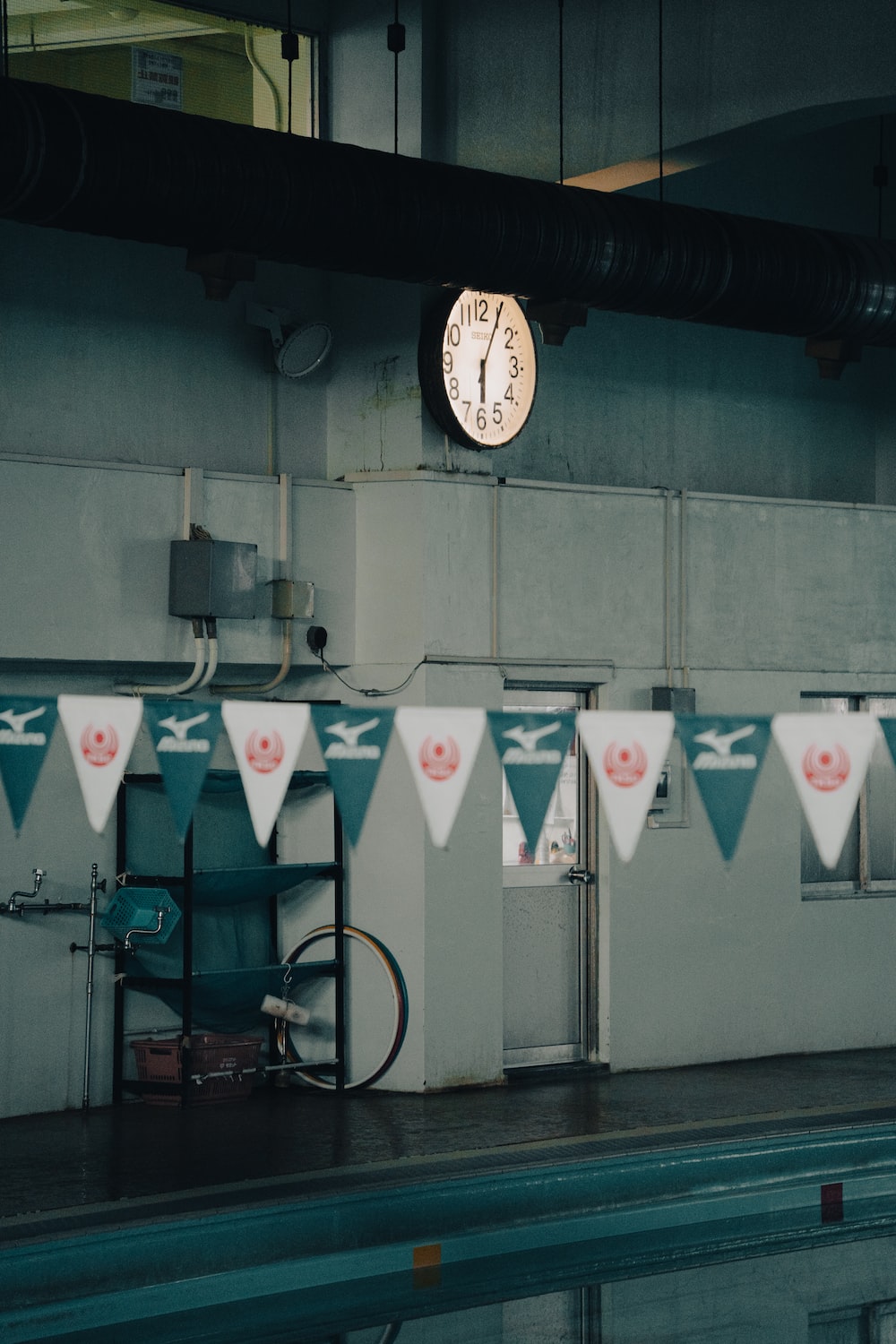
Pool pumps play an important role in maintaining a healthy pool environment, but the amount of time they run can vary depending on several factors. During the day, the pump should be running for 8-10 hours to ensure adequate circulation and filtration. Factors such as the size of the pool, the type of filter, and the weather can all affect the running time of the pump.
The size of the pool is an important factor to consider when determining the running time of the pump. A larger pool will require more time to circulate the water and may require a longer running time. Similarly, the type of filter also affects the running time of the pump. Sand filters require more time than cartridge or diatomaceous earth filters, so the pump may need to be run for longer periods of time. Lastly, the weather can also affect the pump’s running time. If it is hot outside, the pump may need to run longer to keep the pool cool.
Maximizing Energy Efficiency with Pool Pump Timing
Pool pumps are an essential part of pool maintenance and care. With proper timing, energy efficiency can be maximized. Running your pool pump during the day can help reduce energy costs, as well as help maintain the temperature of the water and keep it clean. Day time is the best time to run the pump, as the sun is at its highest point and can help heat the pool naturally. Investing in a timer for your pump can ensure that it runs only during the day and not at night, when it’s not as efficient.
How to Set the Timer on Your Pool Pump
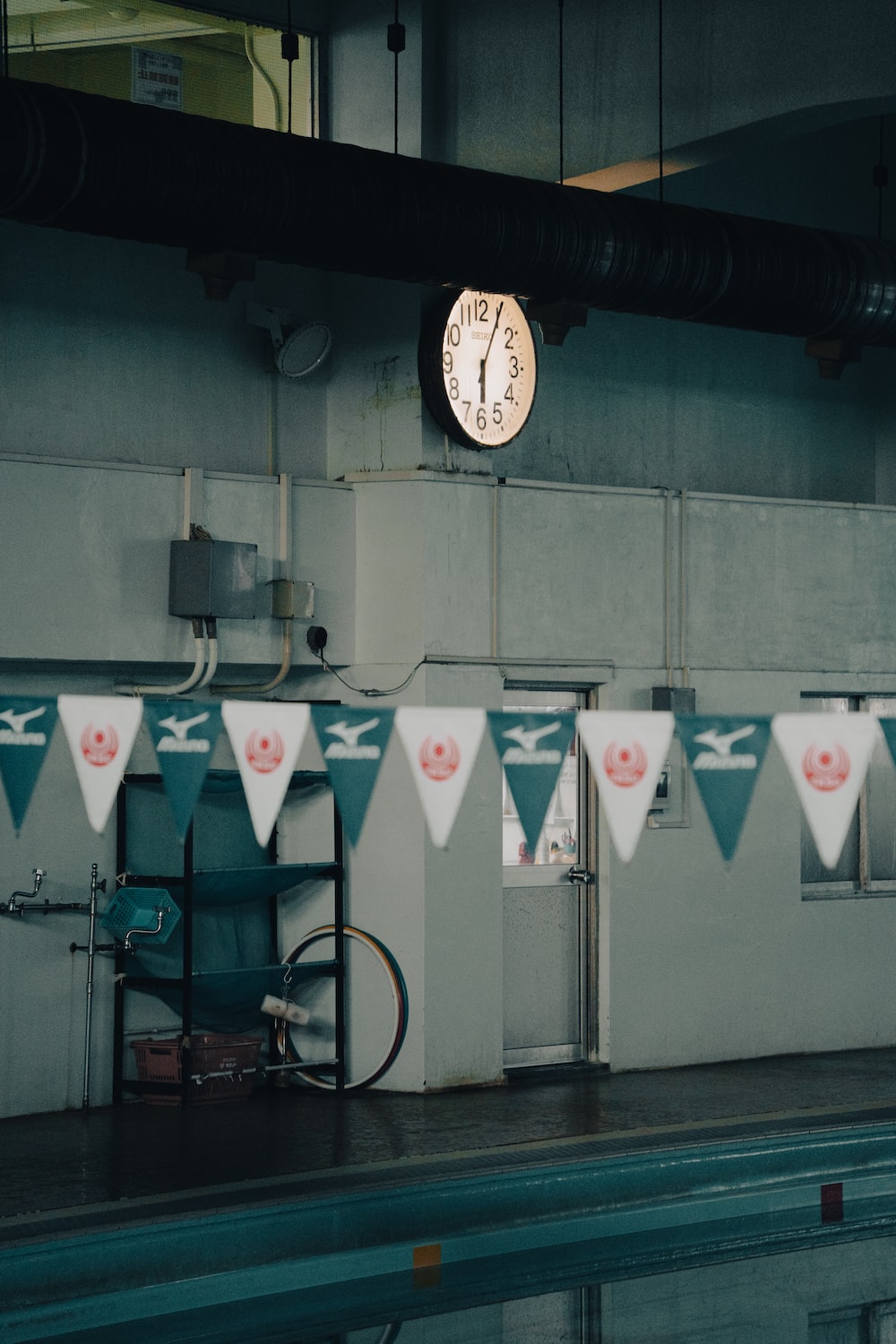
Setting the timer on your pool pump is a breeze. With just a few simple steps, you can program the timer to run on the days you need it most. Start by setting the desired time of day that you want your pump to start running. Then select the days of the week that you want the pump to run. Finally, confirm the settings and you’re done! With your pump on a timer, you’ll be sure to keep your pool in tip-top shape.
When to Schedule Pool Pump Maintenance
Scheduling pool pump maintenance is essential for keeping your swimming pool clean and safe. Day-to-day maintenance should always be done, but it’s also important to perform regular inspections and repairs. To ensure your pool pump is running correctly, you should schedule maintenance at least once a year.
A qualified technician can inspect the pump, check its connections, and look for any signs of wear or damage. If necessary, they can replace any parts that are not functioning correctly. They can also advise you on any additional maintenance tasks to keep your pool in top condition.
Keeping your pool pump in optimal condition will help to reduce energy costs and extend its life. Scheduling regular maintenance is an investment in your pool’s future.
Optimal Pool Pump Timing for Cost Savings
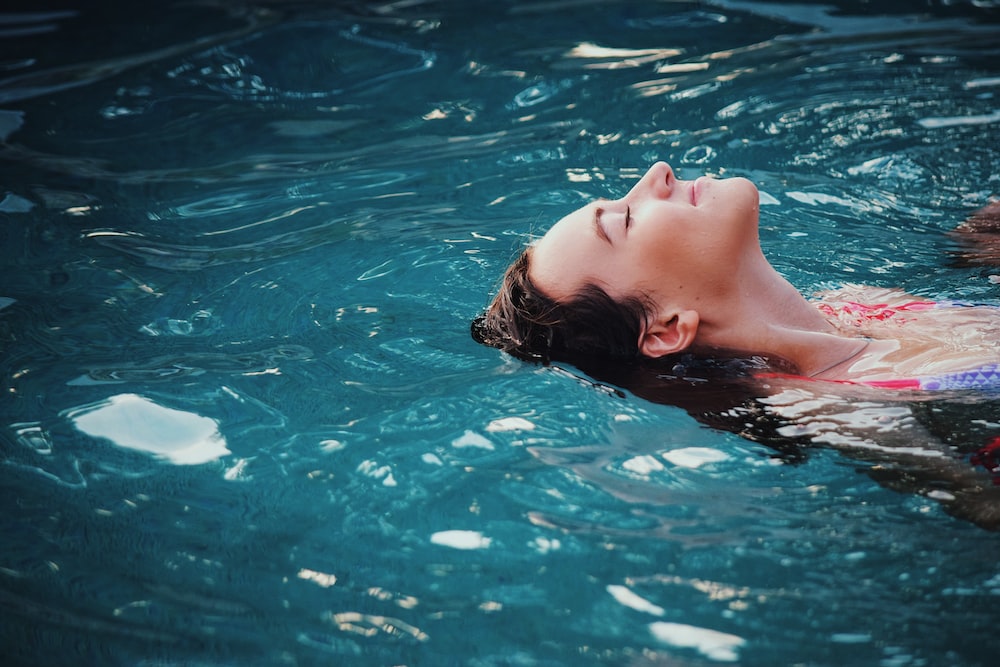
Optimal pool pump timing is key to maximizing cost savings. By running the pump at certain times of the day, pool owners can reduce energy consumption and save on their utility bills. For example, it is recommended to turn the pump on in the early morning and then again later in the day. During peak energy hours, it is best to turn off the pump for maximum cost savings.
Pool pumps are an essential part of keeping a pool clean and healthy. With proper timing, pool owners can enjoy the benefits of a clean pool while cutting back on their energy bills.
conclusion
The best time of day to run a pool pump is during the early morning hours, when the temperature is cooler and the air is less humid. Running the pump at this time helps to keep the water clean and clear, and can reduce energy costs. Make sure to run your pump for at least 8 hours per day to ensure optimal pool health.
Keywords: day, pool pump
Some questions with answers
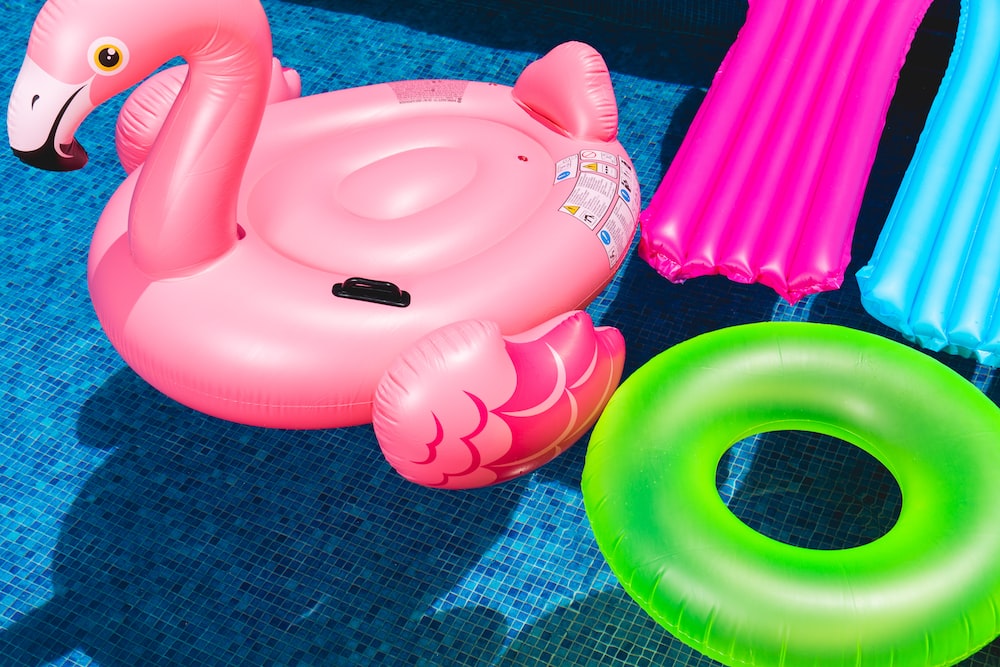
Q1: What is the best time of day to run a pool pump?
The best time of day to run a pool pump is between 8pm and 10pm, when the heat of the day has dissipated and the water temperature is cooler.
Q2: Should I run my pool pump during the day?
No, it is recommended to run your pool pump at night when the water is cooler.
Q3: When should I turn off my pool pump?
It is recommended to turn off the pool pump after 10pm in order to conserve energy.
Q4: How long should I run my pool pump each day?
It is recommended to run your pool pump for at least 8 hours per day.
Q5: What are the benefits of running my pool pump at night?
Running the pool pump at night helps with water circulation, helps keep the water clean, and conserves energy.
Q6: Is it okay to run my pool pump during the day?
No, it is not recommended to run your pool pump during the day as it will cause the water to heat up quickly and use more energy.
Q7: When is the best time to change the filter on my pool pump?
It is recommended to change the filter on the pool pump every 3 months or when the filter starts to get clogged.
Q8: How often should I clean my pool pump?
It is recommended to clean the pool pump every 6 months or when the filter starts to get clogged.
Q9: What is the most efficient way to run my pool pump?
The most efficient way to run your pool pump is to run it at night when the water is cooler, and to turn it off after 10pm to conserve energy.
Q10: What are the dangers of running my pool pump during the day?
Running the pool pump during the day can cause the water to heat up quickly and use more energy, and can also cause the filter to become clogged more quickly.
